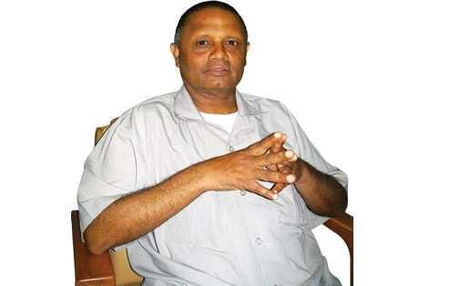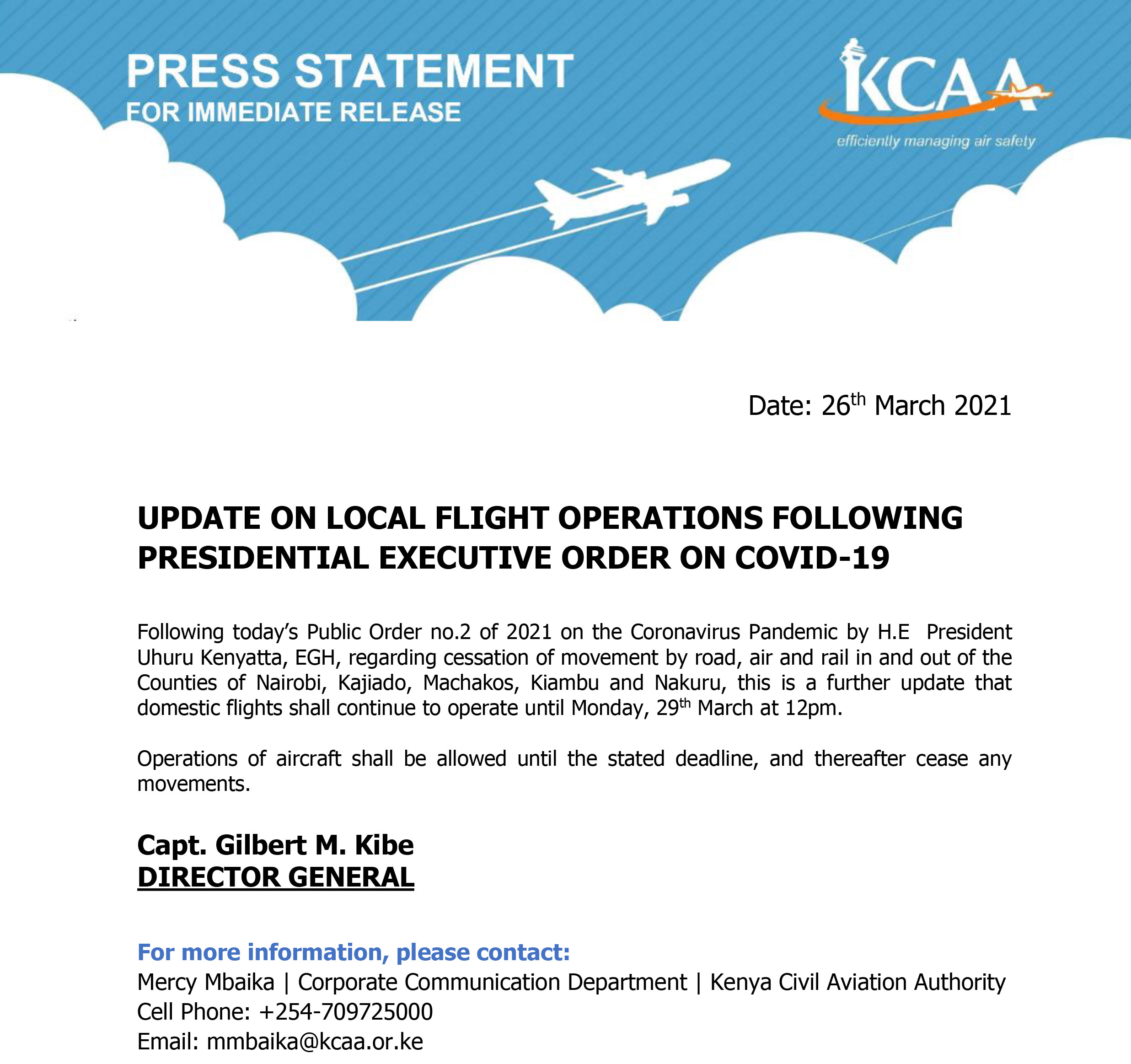Infinix is set to expand its smartphone line up in Kenya with the launch of the NOTE 10 Series. The launch is taking place today at the Ali Barbour’s Cave Restaurant, Diani Beach.
The choice in location is mostly influenced by the brand’s mission to stay true to its rebranding goals of being trendy and techy. This was announced via their social media platforms via their covers implying there’ll be a live stream which users can catch here https://bit.ly/3wtIM20 via their YouTube or their Facebook page.
The launch will include a performance from their brand ambassadors, Sauti Sol. The price and availability details will soon be announced after the launch.












![Sheng' Speaking K24 News Anchor Shiksha Arora Impresses Netizens [VIDEO]](https://nairobiwire.com/wp-content/uploads/2019/07/shiksha1.jpg)




























